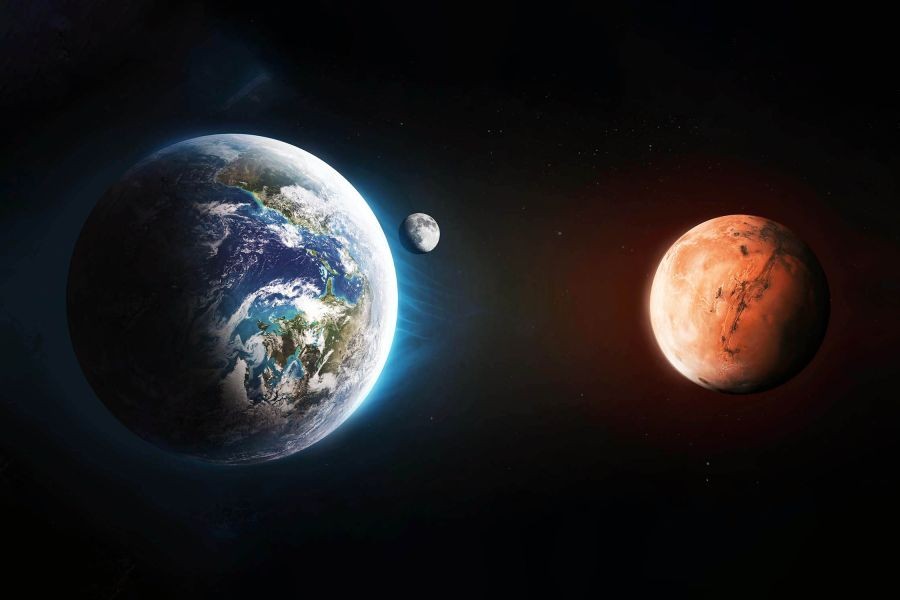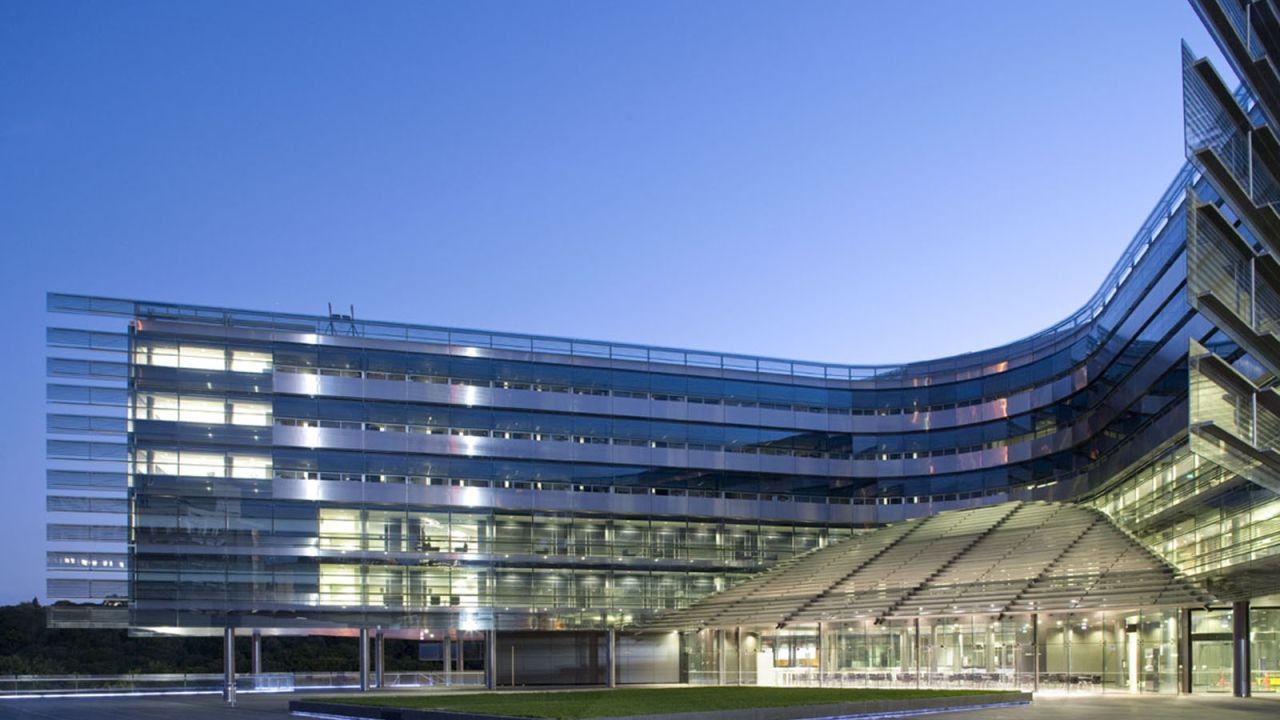Imagine a future where humans have established a thriving colony on Mars, exploring the universe while Earth heals from centuries of exploitation. This vision, while captivating, presents a critical question: Should humanity focus on colonizing Mars or concentrate efforts on fixing the environmental and societal issues plaguing Earth? This debate holds particular significance for Australia, a nation poised at the forefront of both space exploration and environmental conservation. As the world grapples with these profound choices, Australia's role and decisions could shape the trajectory of both planetary futures.
Australia’s Role in the Space Race
Australia has a burgeoning space industry, with the government investing heavily in developing technologies that could support future Mars missions. The Australian Space Agency aims to triple the size of the domestic space sector to $12 billion by 2030. This growth not only enhances Australia's standing in global space exploration but also creates high-tech jobs, driving economic development. However, this ambition raises questions about resource allocation and whether the funds could be better spent on Earth-centric initiatives.
Addressing Earth’s Challenges
While the allure of Mars captivates imaginations, Earth faces pressing challenges. Climate change, biodiversity loss, and resource depletion demand immediate attention. In Australia, the impact of climate change is particularly pronounced, with increased bushfire intensity, prolonged droughts, and coral bleaching threatening ecosystems and communities. According to the Australian Bureau of Statistics, the economic cost of natural disasters could rise to $39 billion annually by 2050 if climate change is not addressed.
Case Study: Australia's Renewable Energy Push
As a leader in renewable energy, Australia has demonstrated how focusing on Earth can yield transformative results. The country is on track to generate 50% of its energy from renewable sources by 2030, according to the Commonwealth Scientific and Industrial Research Organisation (CSIRO). This transition not only reduces carbon emissions but also creates jobs and drives technological innovation. The success of this initiative provides a compelling argument for prioritizing Earth-focused solutions over interplanetary exploration.
The Pros and Cons of Mars Colonization
Pros:
- Scientific Discovery: Colonizing Mars could lead to breakthroughs in technology, materials science, and medicine, with potential applications on Earth.
- Planetary Backup: Establishing a human presence on Mars could serve as a contingency plan in case of catastrophic events on Earth.
- Economic Growth: The space industry could generate significant economic benefits, including job creation and technological advancements.
Cons:
- Resource Allocation: The immense cost of Mars colonization could divert resources from addressing urgent Earth-bound issues.
- Environmental Concerns: The environmental impact of space missions, including rocket emissions, could exacerbate climate issues.
- Ethical Considerations: The potential for exploitation of Martian resources raises ethical questions about humanity's approach to new frontiers.
Common Myths and Mistakes
Myth: "Mars colonization will solve overpopulation." Reality: Even with advancements, Mars can only support a fraction of Earth's population, emphasizing the need for sustainable solutions on our home planet.
Myth: "Space exploration is a waste of money." Reality: Investments in space technology have led to numerous Earth-applicable innovations, from GPS systems to medical imaging technologies.
Future Trends and Predictions
As Australia continues to balance its space ambitions with environmental responsibilities, the next decade will be pivotal. By 2035, experts predict that advancements in space technology could make Mars colonization more feasible. However, parallel developments in sustainable technologies on Earth could also render many of our current environmental challenges solvable. The key will be in finding a balance that leverages space exploration's benefits while prioritizing Earth's immediate needs.
Conclusion
The debate between colonizing Mars and fixing Earth is not a zero-sum game. Both paths offer unique benefits and challenges. For Australia, the decision involves balancing its pioneering space industry with a commitment to environmental sustainability. By investing in both areas, Australia can lead the way in creating a future that respects and preserves our home planet while exploring new horizons. What are your thoughts on this debate? Join the conversation and share your insights!
Related Search Queries
- Benefits of space exploration for Earth
- Australia's space industry growth
- Environmental impact of Mars colonization
- Renewable energy in Australia
- Future of space exploration technologies
People Also Ask (FAQ)
How does Mars colonization impact Australia? Australia's space industry growth could drive economic development and technological innovation, with potential job creation in high-tech sectors.
What are the biggest misconceptions about Mars colonization? One common myth is that Mars colonization will solve overpopulation. However, current technologies can only support limited populations on Mars.
What are the best strategies for addressing Earth's environmental challenges? Experts recommend focusing on renewable energy, sustainable agriculture, and biodiversity conservation to mitigate climate change impacts effectively.
































LesliHuonD
10 months ago